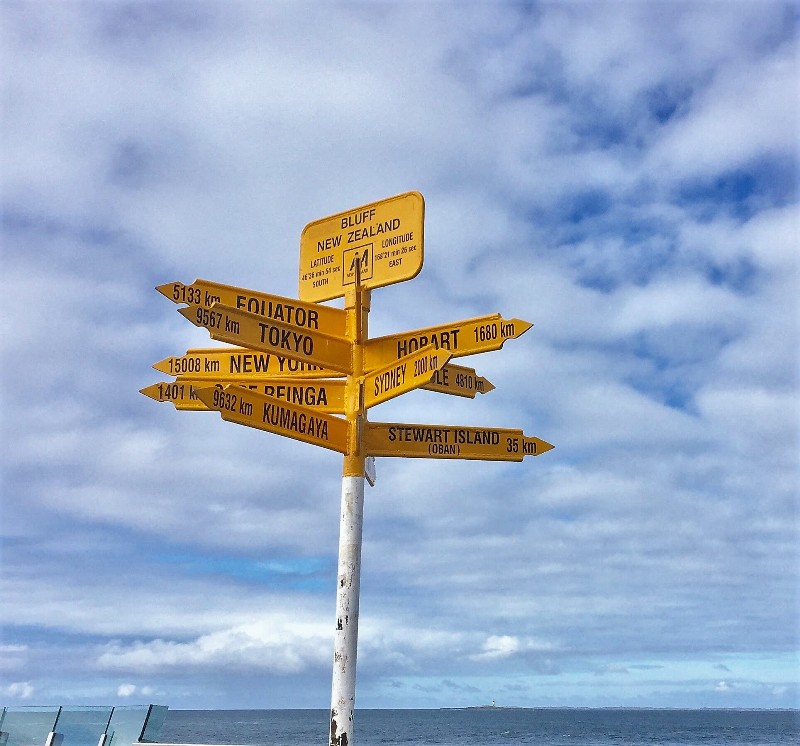
Irresistible attraction to screens, constant alerts, mindless scrolling and clicking, feelings of anxiety, inadequacy and mood swing... no one has signed up for such loss of control. People are tired of feeling like they’ve become a slave to their devices.
Two common experiences people have about modern digital life can be best described as: distraction and exhaustion. Few people actually want to spend so much time online, but today’s technology tools have a way of cultivating new forms of digital addictions.
It’s not that one app or website was particularly bad when considered in isolation, but the overall impact of having so many useful tools each demanding attention at irregular intervals is problematic. An endless bombardment of digital information is subtly pushing us to become information addicts. “I used to be a human being”, one blogger lamented.
Less is more?
In his book “Digital Minimalism”, Cal Newport proposes a new philosophy of technology use based on the belief that less can be more to our relationship with digital tools. He argues that common sense tips such as turning off notifications and observing a digital sabbath once in a while do not go far enough in helping us take back control of our technological lives, while any attempts to unplug completely are complicated by the demands of family, friends and work.
What we need is a thoughtful method to decide which tool to use, for what purpose and under what conditions. Newport provides examples of digital minimalists who ruthlessly reduced their time online to focus on a small number of high-value activities and happily miss out on everything else.
One of them is an ex-social media addict quitting the service and using that time to re-claim leisure. Digital minimalists rethink their relationship with social media, rediscover the joy of the offline world and reconnect with themselves through regular time of solitude.
Some of the practical advice Newport suggests are: spending time alone, leaving the phone at home, taking long walks, writing letters by hand, not clicking “like” buttons, holding conversation office hours, building something physical each week, using social media like a professional and dumbing down the smartphone.
How about taking a 30-day digital detox (from Instagram, Facebook, Netflix etc) and filling the available time with high-value analogue activities? The declutter may also provide much needed time and space to refocus on what is truly important in life. Have the courage to disconnect for a month to join the attention resistance? It would be David and Goliath 2.0.
Be still and know
Many people want to use retreat or solitude to block out distractions and refresh their body and mind. But the time of true solitude offers all that and more. To be alone with God, to pray, to meditate on His Word and to simply enjoy His presence are priceless moments that refresh our soul.
Psalm 46:10 says, “Be still, and know that I am God.” It is much easier to be still if we choose to be away from our digital devices and pursue minimalism in general. Technology is intrinsically neither good nor bad. The key is using it to support our goals and values, rather than letting it use and control us.
We can no longer passively allow the tools, entertainments and distractions provided by the internet age to dictate how we spend our time and how we feel. We must take thoughtful steps to extract the good and refuse the bad.
The old hymn by Helen Lemmel reminds us aptly: “Turn your eyes upon Jesus / Look full in His wonderful face / And the things of earth will grow strangely dim / In the light of His glory and grace.”

Daniel Jang is a senior advisor with Ministry of Health New Zealand. He is an experienced writer, speaker and mentor to Press Service International (PSI) community. Daniel holds an MA in Applied Biblical Studies from Moody Bible Institute and GradDip in Theology from Laidlaw College.
Daniel Jang's previous articles may be viewed at https://www.pressserviceinternational.org/daniel-jang.html